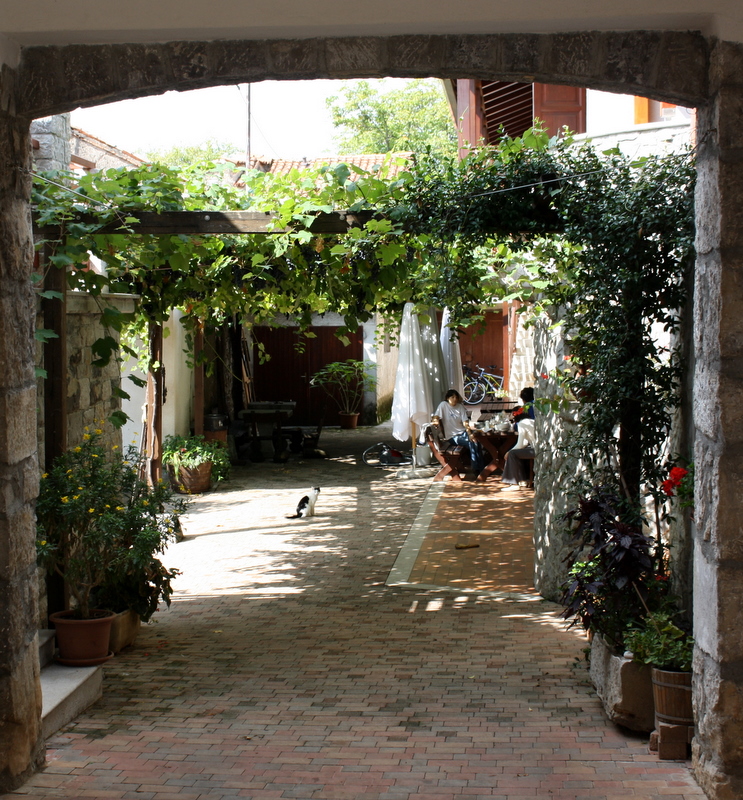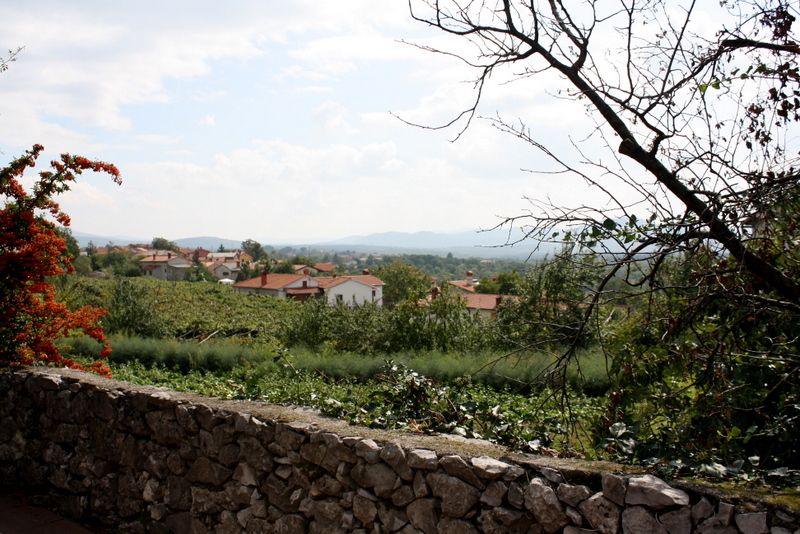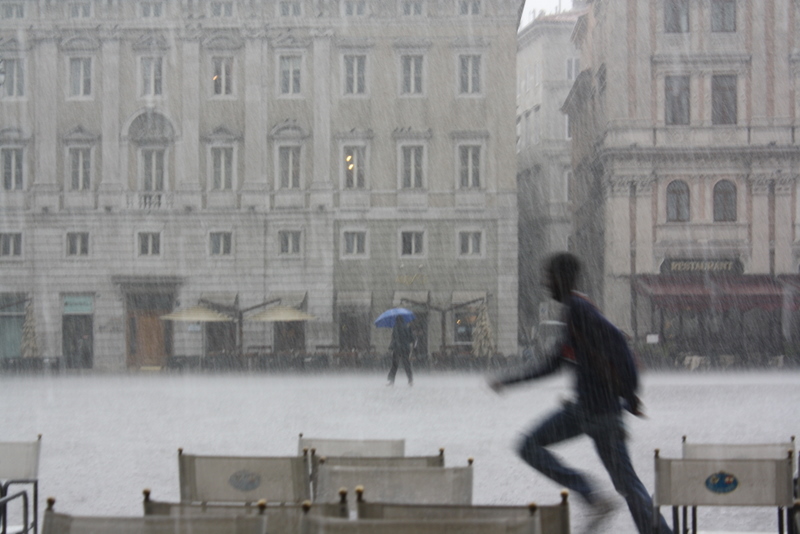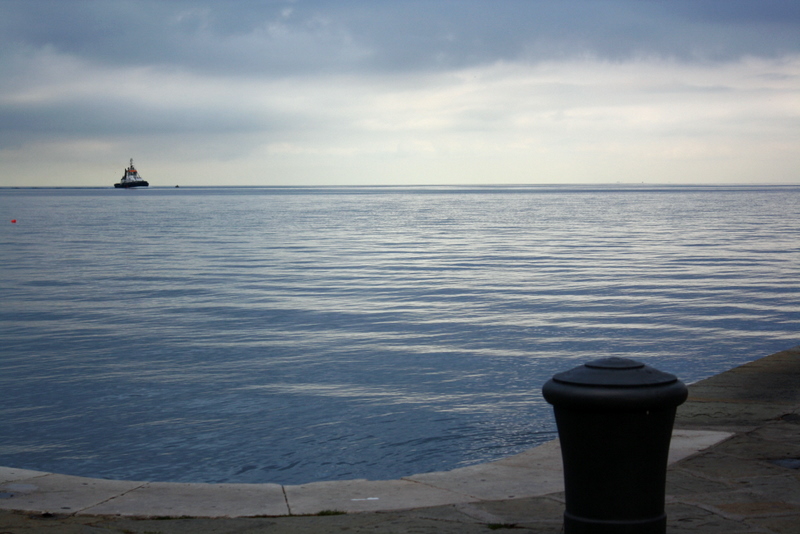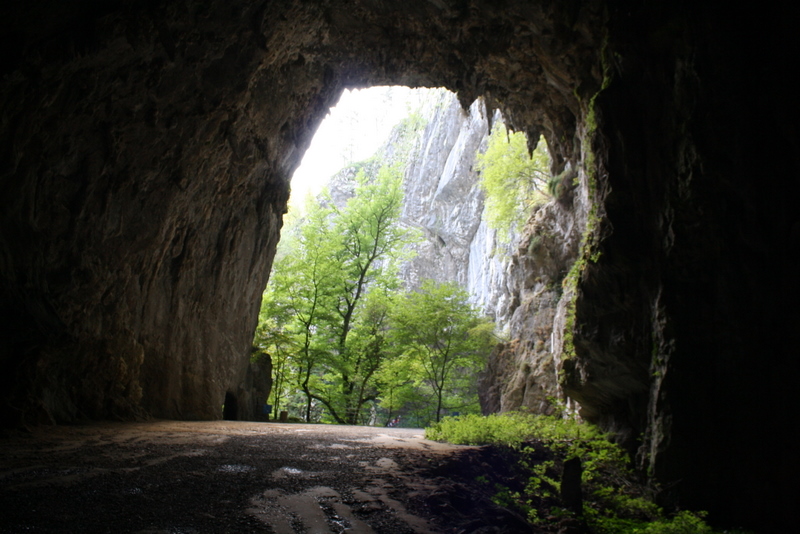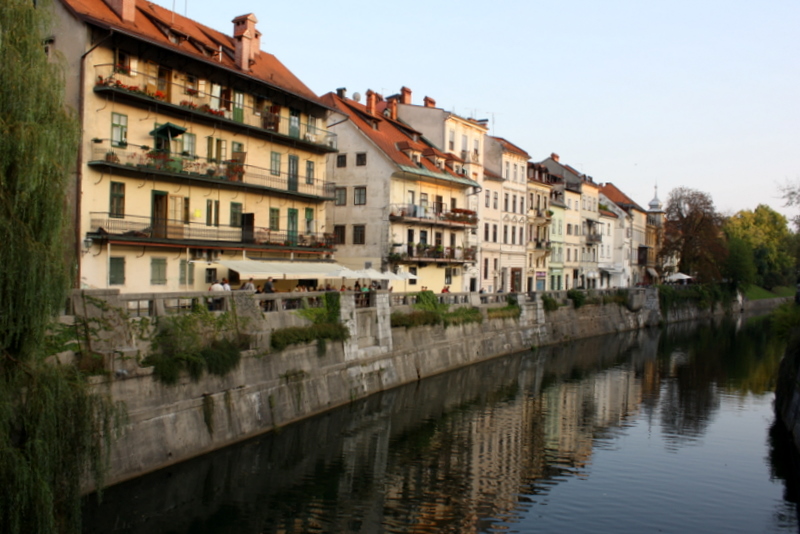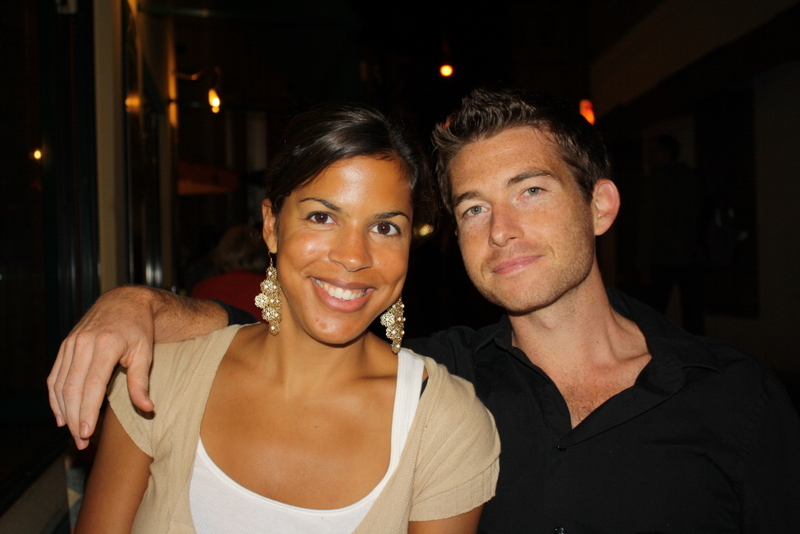Stranger: Where are you from?
Me: Ummm, I live in Cambridge?
Stranger: No, I mean, originally.
Me: Well, I grew up in Michigan
[awkward pause]
Stranger: But where are your parents from?
Me: My dad’s from Chicago and my mom’s from upstate New York
[another awkward pause]
Stranger: yes, but what is your nationality
Me: Uhh, I’m American
At this point, depending on my mood, I’ll either break the news that my mom’s white and my dad’s black (which always disappoints the inquisitor, who’s expecting something much more interesting), or I’ll ask them where they think I’m from (I’ve heard everything from India to Sicily), or I’ll just let the awkward silence hang.
If only I had a dollar for every time I had this conversation. Or for every time an immigrant spoke Spanish to me conspiratorially when we were alone together in an elevator. Or when a white woman told me what a nice tan I had. Or when a black playmate wanted to run her fingers through my hair.
I was bi-racial before it was cool. Middle school was especially hard, with indifferent white kids and openly hostile blacks. Neither one of my parents’ families was accepting of their marriage, and so we grew up without really close ties to our extended family. I’ve only just recently begun to feel like I fit. And yet, despite not knowing how to articulate why, I’ve always felt deeply American. My roots here run deep, going back generations before the civil war. My family’s story has been personally and viscerally intertwined with just about every defining moment of this country’s history—slavery, the black migration north, the labor movement in industrial northern cities, World War II, Jim Crow, the civil rights movement, Vietnam.
The Obama candidacy, and the white populist backlash against it, has had a big impact on me. I remember telling my extremely skeptical brother and sister, in July 2007, that Barack Obama was going to be the next president. They thought I’d been living in Massachusetts for too long. I thought they’d been too crippled by their experience in the South. As per usual, I was right. But their warnings about the deeply entrenched racial animosity that’s alive and well were also justified. Recently, Pat Buchanan (one of my all-time favorite bigots) tried to articulate the sense of why working-class whites felt like they were losing “their” country, as if people like me have no claim to the idea of America. Andrew Sullivan’s response to Buchanan said it better than I could, as he describes his immigrant experience here:
It struck me almost at once, if only in the music I heard all around me – and then in so many other linguistic, cultural, rhetorical, spiritual ways: white Americans do not realize how black they are. Even their whiteness is partly scavenged from the fear of – and attraction to – its opposite. Even something as stereotypically white as American Catholicism, I discovered to my amazement, was also black from the very start. (Yes, those Maryland slaves. If you’ve never been to a Gospel Mass in an ancient black Catholic parish, try it some time.)
From the beginning, in its very marrow, this country was forged out of that racial and cultural interaction. It fought a brutalizing, bloody, defining civil war over that interaction. Any European student of Tocqueville swiftly opens his eyes at the three races that defined America in the classic text. Has Buchanan read Tocqueville? And that’s why it seems so odd to me that the election of the son of a white mother and a black father is seen as somehow a threat to American identity for some, when, in fact, Obama is the final iteration of the American identity – the oldest one and the deepest one. This newness is, in fact, ancient – or as ancient as America can be. The very names – Ann Dunham and Barack Obama. Is not their union in some ways a faint echo of the union that actually made this country what it is?
That’s what’s so offensive about Buchanan’s position. Not that he recognizes the loss of influence of some white Americans, but that he deems irrelevant the contributions and American-ness of people like me.
I was always hard-pressed to articulate my patriotism in a way that didn’t sound like I was channeling Sarah Palin. It’s definitely not cool to admit that you get teary-eyed on the Fourth of July or that you have a crush on Alexander Hamilton. But Sullivan’s characterization puts a finger on what I had yet to figure out—my identity is tied to this country’s history. I am here because of it, and my family has both benefited from its opportunity, thriving as a result, and been savagely oppressed by its demons.
When I travel to foreign countries, I always expect to be able to blend in. After all, everywhere I go in the US I’m mistaken for whatever ethnic fetish happens to strike someone’s fancy. But for some reason, before I even open my mouth, people tend to know I’m American. Maybe it’s just my American eyes and wide smile, but I tend to think it’s more than that, that I embody the character of this country, all of its good and bad, promise and shortcomings. And the last time someone told me I had a nice tan, I put on my American smile, looked them in the eye, and said thank you.
